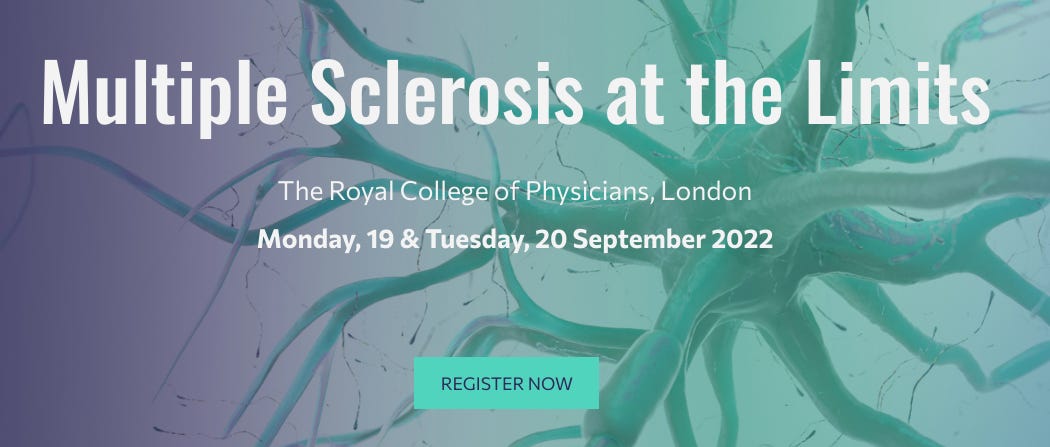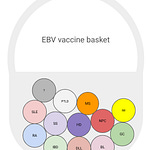The following is a list of some of the issues I was going to discuss at a symposium at the MS at the Limits meeting next Monday. This symposium has now been cancelled, although the actual meeting is still going ahead, because of Queen Elizabeth’s funeral on Monday. You need to be aware of these issues to understand the pressures on the NHS. I suspect these pressures are not unique to the UK and affect other healthcare systems.

Epidemiology of multiple sclerosis (MS)
Increasing incidence of MS (more patients)
Patients living longer
Once diagnosed with MS, patients remain in the MS service for life
Increasing prevalence of MS
Quality standards
NICE
Quality Standards
GIRFT, Right Care
Changes NHS & NHS England
NHS reconfiguration – sustainability and transformation plans (STPs) / integrated care systems (ICS), adoption of new technology, etc.
Blueteq and reduction in prescribing centres (hub and spoke)
NHSE algorithm, multidisciplinary teams (MDTs), annual EDSS, etc.
COVID-19 induced changes
Remote consultations
Long-term conditions and service models
Cost improvement programmes (austerity)
GPs overworked
More involvement in managing general health and lifestyle issues
Bone health, comorbidities, obesity, hypertension, etc.
Manpower pressures
Brexit
Pensions
Reduced income - more difficult to recruit staff
Disease-modifying therapies
The increasing complexity of treatment options
Changing treatment strategy (early effective treatment / flipping the pyramid)
Increasing pharmacovigilance requirements and other requirements
Treatment of primary and secondary progressive MS
Cost of living crisis
Increased energy bills
Social isolation
Unfunded salary increases
Instead of getting depressed and becoming paralysed by the task at hand, the MS community need to do something about the crisis. One solution is to increasingly rely on pwMS to self-manage their MS. For example, allow patients to self-referral to phlebotomy and give them access to their results. Why can’t people with MS self-monitor and do their own pharmacovigilance?
I primarily launched the MS-Selfie platform to educate and empower people with MS to self-manage their MS. Selfie is short for self-management. If you have type 1 diabetes and live in the UK, you can almost manage your disease without much input from the healthcare system, providing you access to the tools. I am aware that many critics say type 1 diabetes is easier to manage than MS and its monitoring is less complex, so it is not a good analogy. I disagree the fundamentals that underpin the self-management of diabetes are no different to MS. What is needed from the MS profession is the acknowledgement that the current system is broken. We need new ways to address the perfect storm. Do you agree? What do you think? Any suggestions?
This is one Newsletter where I think you need to listen to the podcast to understand the complexities of the perfect storm.
Subscriptions and donations
Paid subscriptions to MS-Selfie are being used to administer the Newsletter and associated MS-Selfie microsite currently in development. At the request of several readers, I have now added the option of making a one-off donation. To keep this initiative open to all readers, I would appreciate it if those who can afford a subscription, please subscribe. For active paying subscribers, thank you; your contribution is much appreciated.
General Disclaimer: Please note that the opinions expressed here are those of Professor Giovannoni and do not necessarily reflect the positions of Barts and The London School of Medicine and Dentistry nor Barts Health NHS Trust. The advice is general and should not be interpreted as personal clinical advice. If you have problems, please tell your healthcare professional, who will be able to help you.













Share this post